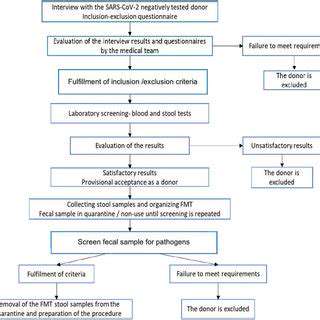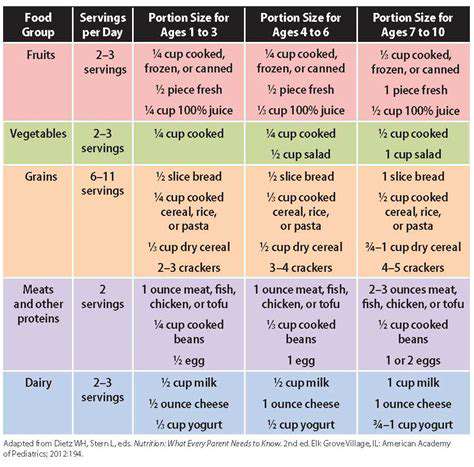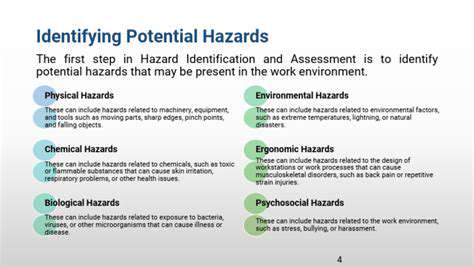Protecting Your Pet from Seasonal Affective Disorder

Dietary Adjustments for Winter Wellness
Dietary Adjustments for Winter Wellness in Pets
As temperatures drop, pets face seasonal challenges that affect their health. Just like people gravitate toward hearty meals in winter, animals also need thoughtful dietary modifications to stay healthy during colder months. The goal isn't overhauling their diet but making strategic changes to support their well-being. Dietary adjustments should focus on maintaining energy and health through the winter season.
Increased Caloric Needs
Pets, particularly active outdoor animals, often require more calories in winter. This extra energy helps them regulate body temperature when facing cold conditions. Veterinarians can recommend appropriate calorie increases tailored to your pet's specific needs based on breed, size, activity, and health status. Selecting nutrient-rich, high-quality food becomes especially important during this time.
Focus on Healthy Fats
Quality fats play a critical role in maintaining skin and coat health, which provides natural insulation against winter weather. Essential fatty acids like Omega-3 and Omega-6 support immune function and overall health. Choosing foods with these beneficial fats and consulting your vet ensures proper nutritional balance for your pet's winter needs.
Hydration is Key
Water intake often decreases in winter, yet remains vital for pets. Providing constant access to unfrozen water is crucial, especially for outdoor pets. Consider heated water bowls to prevent freezing. Proper hydration supports all metabolic functions regardless of seasonal changes.
Protein for Muscle Maintenance
Muscle preservation becomes particularly important when pets may be less active. High-quality protein sources help maintain tissue health and energy levels. Select easily digestible proteins that your pet enjoys to support their physical condition through the winter months.
Dietary Supplements (with Vet Approval)
Veterinary-approved supplements might benefit some pets during winter. Always consult your vet before adding supplements for immune support, joint health, or coat maintenance. This is especially important for older pets or those with medical conditions, as supplements can interact with medications.
Avoiding Harmful Treats
Winter often brings more indoor time and treat opportunities. Be vigilant about keeping toxic foods like chocolate and grapes away from pets. Instead, choose healthy treats that complement their nutritional needs. Pet safety should always take priority over convenience when selecting snacks.

Creating a Calming Environment

Creating a Sensory Oasis
Effective calming spaces engage all senses to promote relaxation. The interplay of visual, auditory, and tactile elements creates a harmonious atmosphere that affects both pets and owners. Thoughtful arrangement of these components transforms ordinary spaces into peaceful retreats.
Lighting, color schemes, and textures significantly influence mood. Warm, soft lighting with gentle hues and comfortable fabrics establishes tranquility, while harsh elements can increase stress. Mastering these sensory details is fundamental to creating genuinely soothing spaces.
Sound Design for Serenity
Auditory elements powerfully shape atmosphere. Soothing background sounds like gentle music or nature recordings can dramatically lower stress levels. The ideal soundscape provides pleasant background noise without becoming distracting or overwhelming.
Color Psychology and Mood
Color choices directly impact emotional states. Warm tones create comfort while cool hues promote calmness. Strategic color combinations that align with desired moods form the foundation of relaxing environments. Consider color's psychological effects when designing peaceful spaces.
Texture and Touch
Physical comfort contributes significantly to relaxation. Plush fabrics, soft rugs, and natural materials enhance comfort. Incorporating varied, pleasant textures creates inviting spaces that encourage relaxation through tactile experience.
Essential Oils and Aromatherapy
Carefully selected scents can transform environments. Certain essential oils like lavender promote relaxation when diffused through the air. These natural fragrances provide subtle yet effective mood enhancement in calming spaces.
Decluttering for Mental Clarity
Physical organization affects mental state. Minimizing clutter creates visual calm and reduces stress. Organized spaces with designated areas for items promote feelings of control and tranquility. This simple practice can significantly improve overall well-being.
Read more about Protecting Your Pet from Seasonal Affective Disorder
Hot Recommendations
- Customized Sleep Schedules: AI Driven for Sustainable Rest
- Crafting a Personalized Productivity Plan for Mental Clarity
- Sustainable Self Compassion: Cultivating Kindness Towards Your Mind
- Sustainable Productivity Hacks for the Busy Professional
- Sustainable Wellness for Parents: Balancing Family and Self Care
- Data Informed Self Care: Designing Your Personalized Wellness Strategy
- Sustainable Wellness for a Purpose Driven Life
- AI Assisted Mindfulness: Personalized Meditations for Deeper Practice
- Building Inclusive Mental Health Services: Key Initiatives
- AI Powered Self Care: Customizing Your Routine for Maximum Impact











